Does the thickness of Scratch Proof Film affect the anti-scratch effect
2025-06-10
Does the Thickness of Scratch-Proof Film Affect Its Scratch-Resistance?
The answer is yes, and here's a detailed analysis:
Generally, within a reasonable range, thicker films tend to offer better scratch resistance. A thicker film creates a more substantial physical barrier between the substrate (e.g., screens, surfaces) and external abrasions. For example, a 0.3mm film may withstand heavier scratches from keys or sharp objects compared to a 0.1mm film, as its increased mass and structural integrity make it harder to penetrate. This is particularly evident in industrial applications where equipment surfaces face frequent friction.
However, the relationship is not always linear. The material composition of the film plays a critical role:
- A thin film made of high-hardness materials like tempered glass or PET with a hard-coating layer can sometimes match or even exceed the scratch resistance of a thicker but softer film.
- For instance, some 0.2mm tempered glass films (rated 9H on the hardness scale) outperform 0.5mm PVC films (rated 2H) in resisting sharp objects.
Additionally, thickness can impact other performance factors. Thicker films may reduce touchscreen sensitivity on devices or alter the surface texture, while extremely thin films (e.g., <0.1mm) might be more prone to installation errors like bubbling. Users must balance scratch resistance with other needs, such as transparency, flexibility, and usability.
In summary, thickness is an important but not sole determinant of scratch-proof film performance. Choosing the right film requires considering both thickness and material properties to achieve optimal protection for specific applications.
You Might Also Like
-
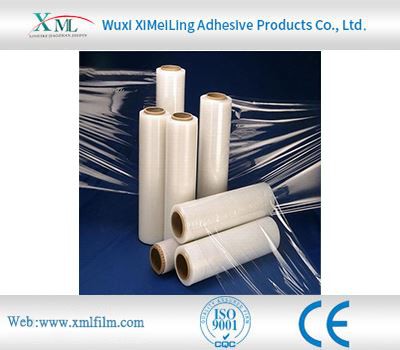
How to Remove Protective Transparent Plastic Film Without Damaging the Surface
-
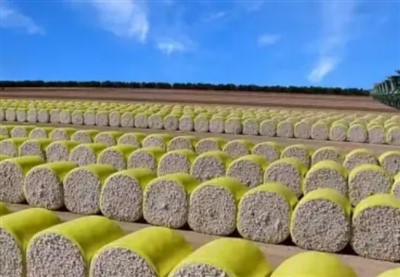
what are the advantages of cotton packaging film
-
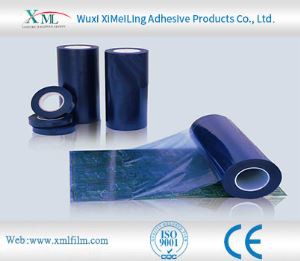
How does pe protective film cope with high temperature environment
-
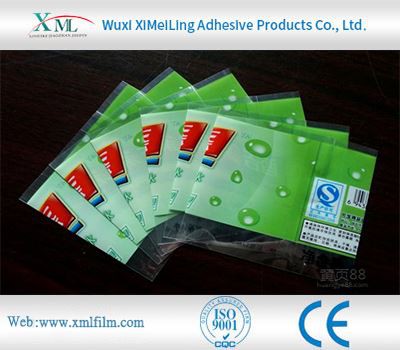
How Polyethylene Packaging Material Copes with High Temperature Environment
-
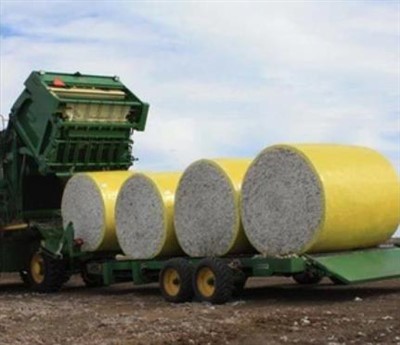
The Advantages of Cotton Wrap Film
-
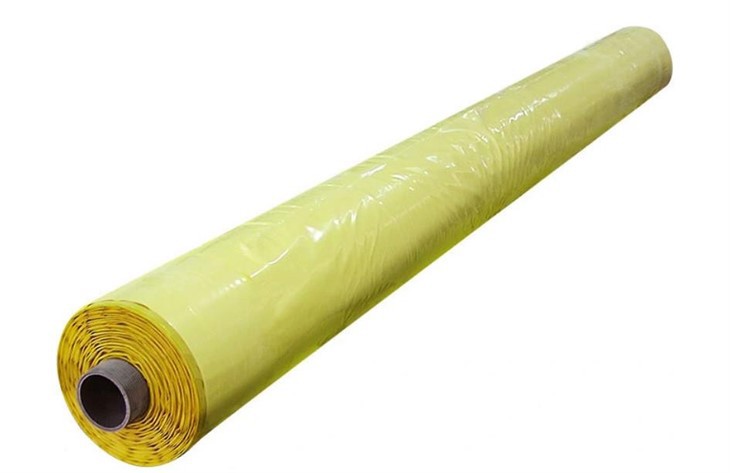
Advantages of Cotton Bale Wrap Film
